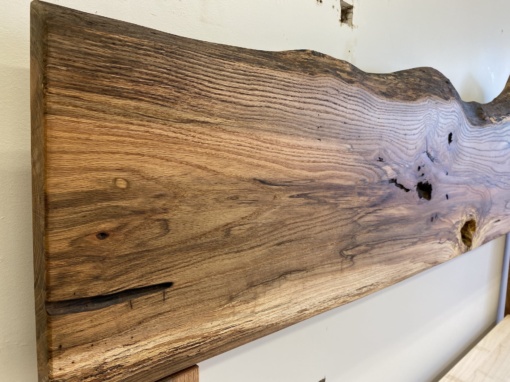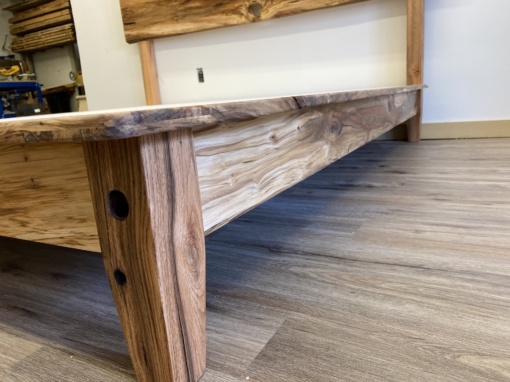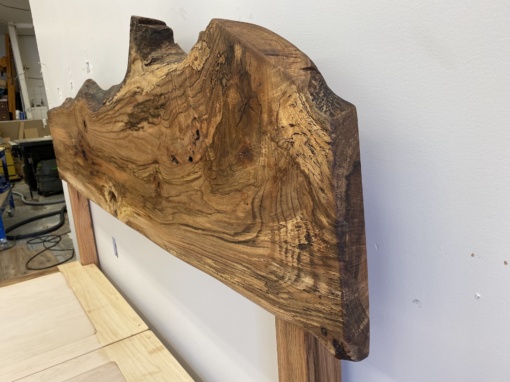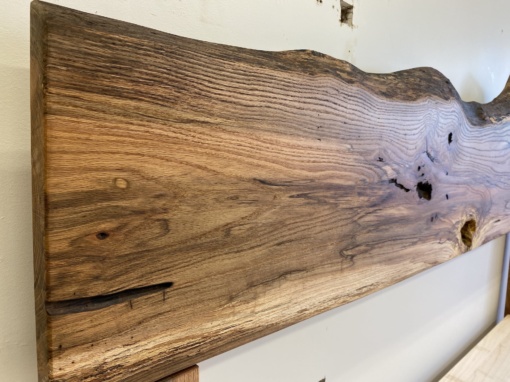Select a community that will allow you to best live your daily life. Many people choose communities based on schools. Do you want access to shopping and public transportation? Is access to local facilities like libraries and museums important to you? Or do you prefer the peace and quiet of a rural community? When you find places that you like, talk to people that live there. They know the most about the area and will be your future neighbors. More than anything, you want a neighborhood where you feel comfortable in.
Home Buying
Mortgage Factors
The amount of the down payment, the size of the mortgage loan, the interest rate, the length of the repayment term and payment schedule will all affect the size of your mortgage payment.
Energy Efficient Mortgage
The Energy Efficient Mortgage (EEM) allows a homebuyer to save future money on utility bills. This is done by financing the cost of adding energy-efficiency features to a new or existing home as part of an FHA-insured home purchase. The EEM can be used with both 203(b) and 203(k) loans. Basic guidelines for EEMs are as follows: The cost of improvements must be determined by a Home Energy Rating System or by an energy consultant. This cost must be less than the anticipated savings from the improvements. One- and two-unit new or existing homes are eligible; condos are not. The improvements financed may be 5% of property value or $4,000, whichever is greater. The total must fall within the FHA loan limit.
Closing Costs
Closing costs are the fees for services, taxes or special interest charges that surround the purchase of a home. They include upfront loan points, title insurance, escrow or closing day charges, document fees, prepaid interest and property taxes. Unless, these charges are rolled into the loan, they must be paid when the home is closed.
How Many Houses
There isn’t a set number of houses you should see before you decide. Visit as many as it takes to find the one you want. On average, homebuyers see 15 houses before choosing one. Just be sure to communicate often with your real estate agent about everything you’re looking for. It will help avoid wasting your time.
Choosing a Loan Program
Your personal situation will determine the best kind of loan for you. By asking yourself a few questions, you can help narrow your search among the many options available and discover which loan suits you best. Do you expect your finances to changeover the next few years? Are you planning to live in this home for a long period of time? Are you comfortable with the idea of a changing mortgage payment amount? Do you wish to be free of mortgage debt as your children approach college age or as you prepare for retirement? Your lender can help you use your answers to questions such as these to decide which loan best fits your needs.
Warranty Information
If you’re selling a house, consider leaving behind relevant warranty information, operating instructions, and any maintenance tips that might be helpful to the new owners. If you’re buying a home, request that information, along with a list of plumbers, electricians, pool companies, and so on that have provided reliable service in the past.
Mortgage
Generally speaking, a mortgage is a loan obtained to purchase real estate. The “mortgage” itself is a lien (a legal claim) on the home or property that secures the promise to pay the debt. All mortgages have two features in common: principal and interest.
Closing Documents
You should receive the following documentation at closing: Settlement Statement, HUD-1 Form (itemizes services provided and the fees charged; it is filled out by the closing agent and must be given to you at or before closing); Truth-in-Lending Statement; Mortgage Note; Mortgage or Deed of Trust; Binding Sales Contract (prepared by the seller; your lawyer should review it); Keys to your new home.
Mortgage Expiration
If you lock in a mortgage rate, make sure the expiration date leaves enough time to complete the real estate closing. The flood of home purchases and refinancings has created major processing delays, so if there is any question about the processing time, or if you seem to be cutting it close, you may want to pay a little more for a longer lock-in period rather than risk losing your rate.



























